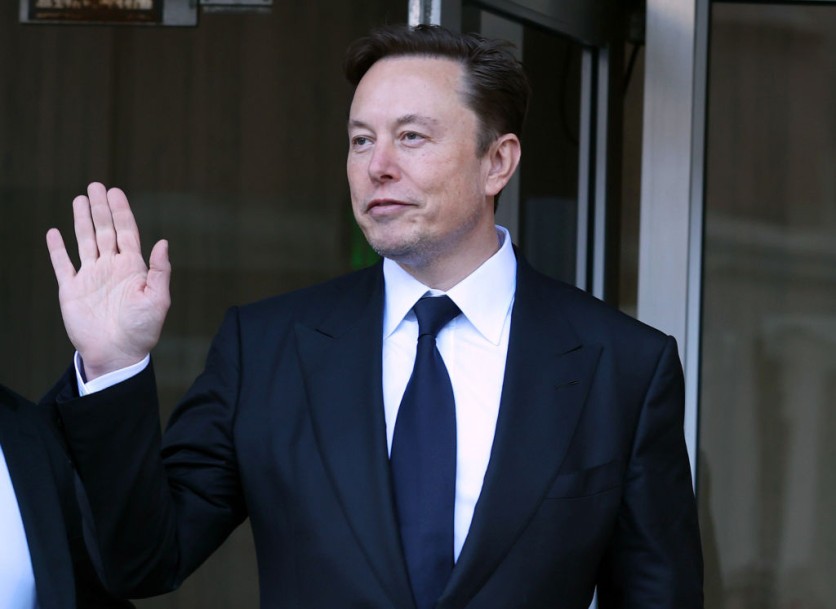Neuralink, the brain-computer interface start-up led by Elon Musk, announced on Thursday that it had obtained approval from US regulators to conduct human testing of its brain implants.
The approval from the US Food and Drug Administration (FDA) marks a significant milestone for Neuralink, as it paves the way for the company's technology to enable direct interaction between the human brain and computers.

Significant First Step
In a tweet posted by Neuralink, the company expressed its excitement regarding the FDA's approval for their first-in-human clinical study. However, recruitment for the clinical trial has not yet begun, according to the company.
"This is the result of incredible work by the Neuralink team in close collaboration with the FDA and represents an important first step that will one day allow our technology to help many people."
During a presentation in December, Musk outlined the objective of Neuralink's implants, which is to establish a direct communication channel between the human brain and computers.
The company has been preparing for the first human implant for a time now and is committed to ensuring the utmost caution and effectiveness before proceeding with the procedure.
Neuralink has already conducted demonstrations involving the implantation of prototypes, roughly the size of a coin, into the skulls of monkeys.
These demonstrations showcased the monkeys engaging in basic video games or manipulating a cursor on a screen using the Neuralink implant.
Additionally, the technology has undergone testing in pigs. Using a surgical robot, a section of the skull is replaced with a Neuralink disk, and thin wires are precisely inserted into the brain.
This early demonstration revealed that the disk registers nerve activity and transmits the information wirelessly through Bluetooth technology to a compatible device like a smartphone.
Musk highlighted the discreet nature of the implant, noting that it can be concealed under the hair, making it virtually undetectable.
Read Also : Elon Musk's Brain Implant Company is Looking for Clinical Trials Partner to Test Devices on Humans
Neuralink's Goals
The approval from the FDA signifies a significant step forward for Neuralink and its pursuit of revolutionizing the interaction between humans and computers through advanced brain-computer interfaces.
Neuralink was founded in 2016 by Elon Musk, the entrepreneur behind companies like SpaceX and Tesla. The company's primary aim is to develop and commercialize advanced brain-computer interface (BCI) technologies.
Neuralink seeks to create a direct communication pathway between the human brain and computers, enabling a seamless interface and interaction between the two.
The ultimate goal of Neuralink is to enhance human capabilities and potentially address neurological disorders and conditions through the integration of advanced technology with the human brain.
By bridging the gap between humans and machines, Neuralink aims to unlock new possibilities in fields such as healthcare, communication, and beyond.
While Neuralink's work has generated significant interest and curiosity, it is important to note that the technology is still in the early stages of development, and its long-term impact and potential drawbacks are yet to be fully understood.
The ethical, privacy, and safety considerations surrounding brain-computer interfaces are subjects of ongoing discussions and debates among scientists, policymakers, and the public.
Related Article : Elon Musk's Ex, Grimes, Gets Brain Gadget from Neuralink-Competitor


![Apple Watch Series 10 [GPS 42mm]](https://d.techtimes.com/en/full/453899/apple-watch-series-10-gps-42mm.jpg?w=184&h=103&f=9fb3c2ea2db928c663d1d2eadbcb3e52)


